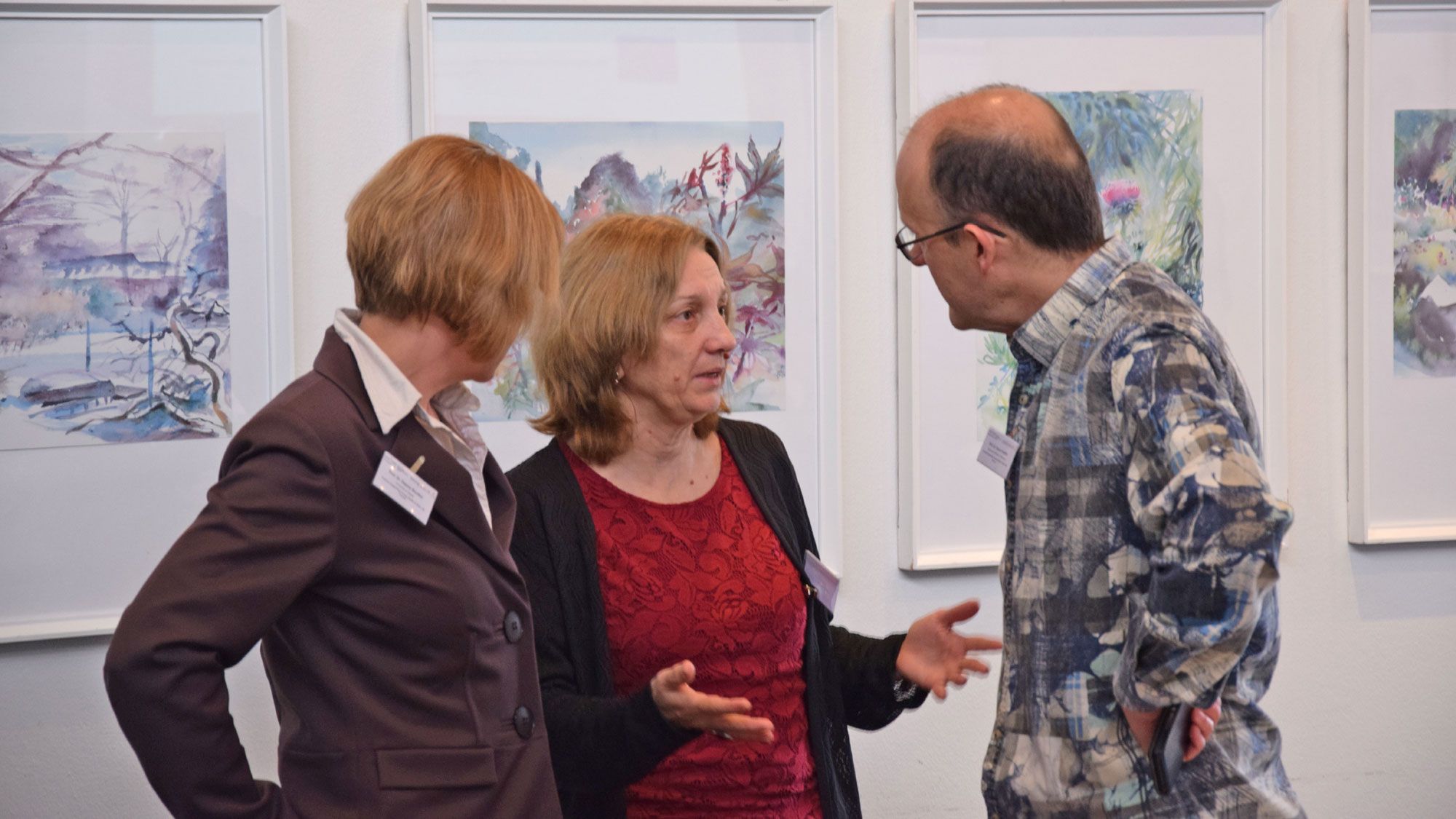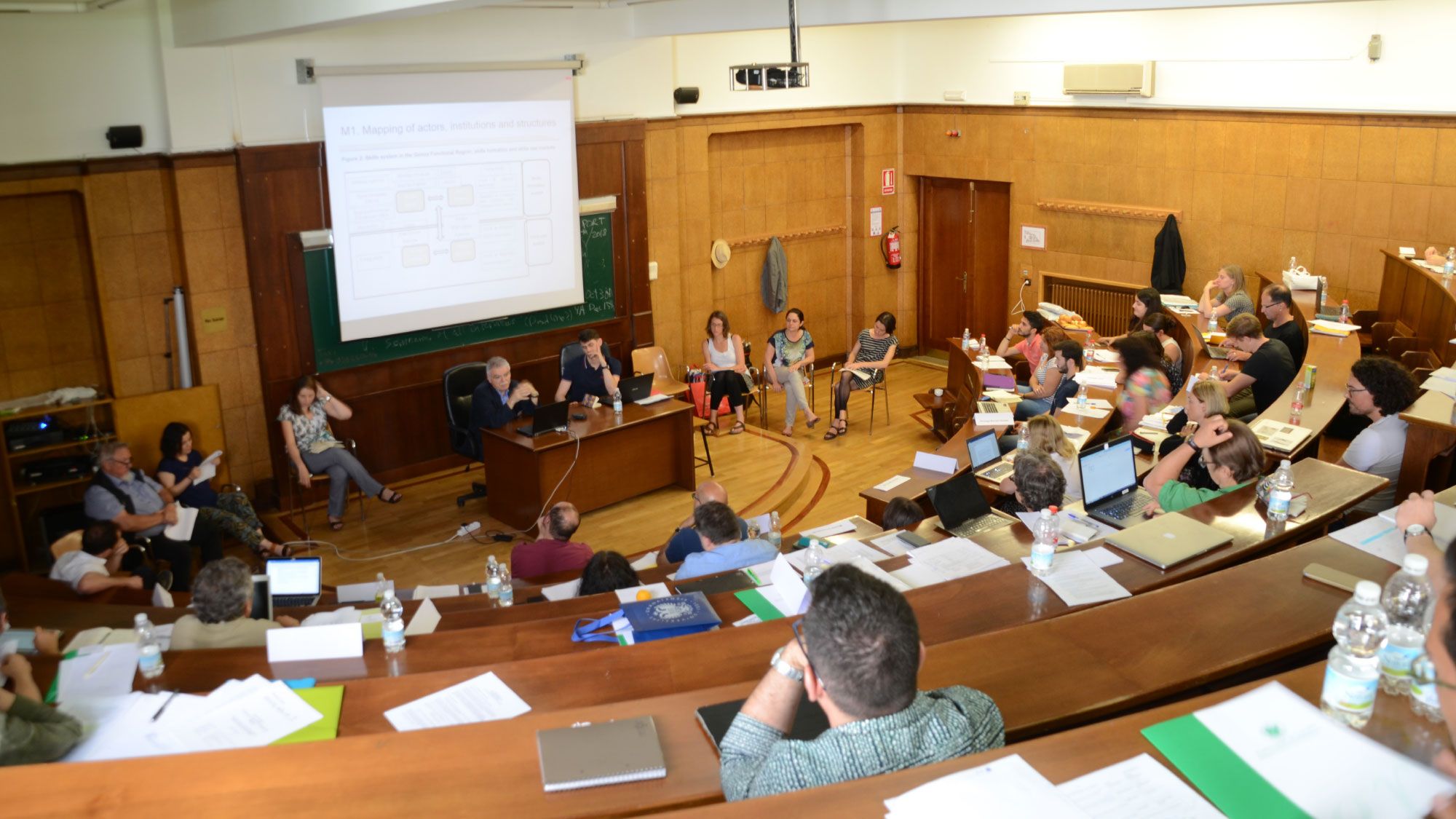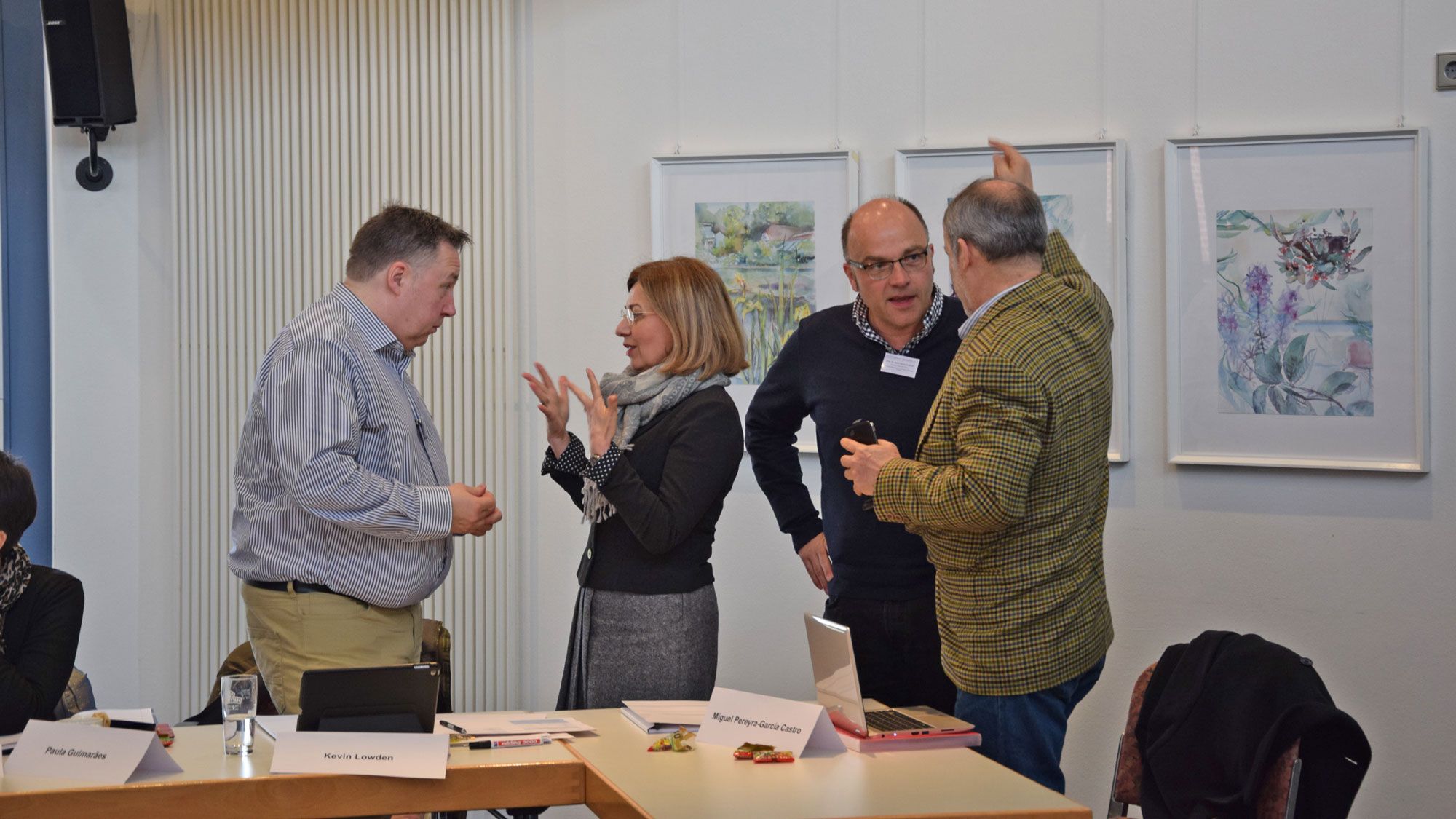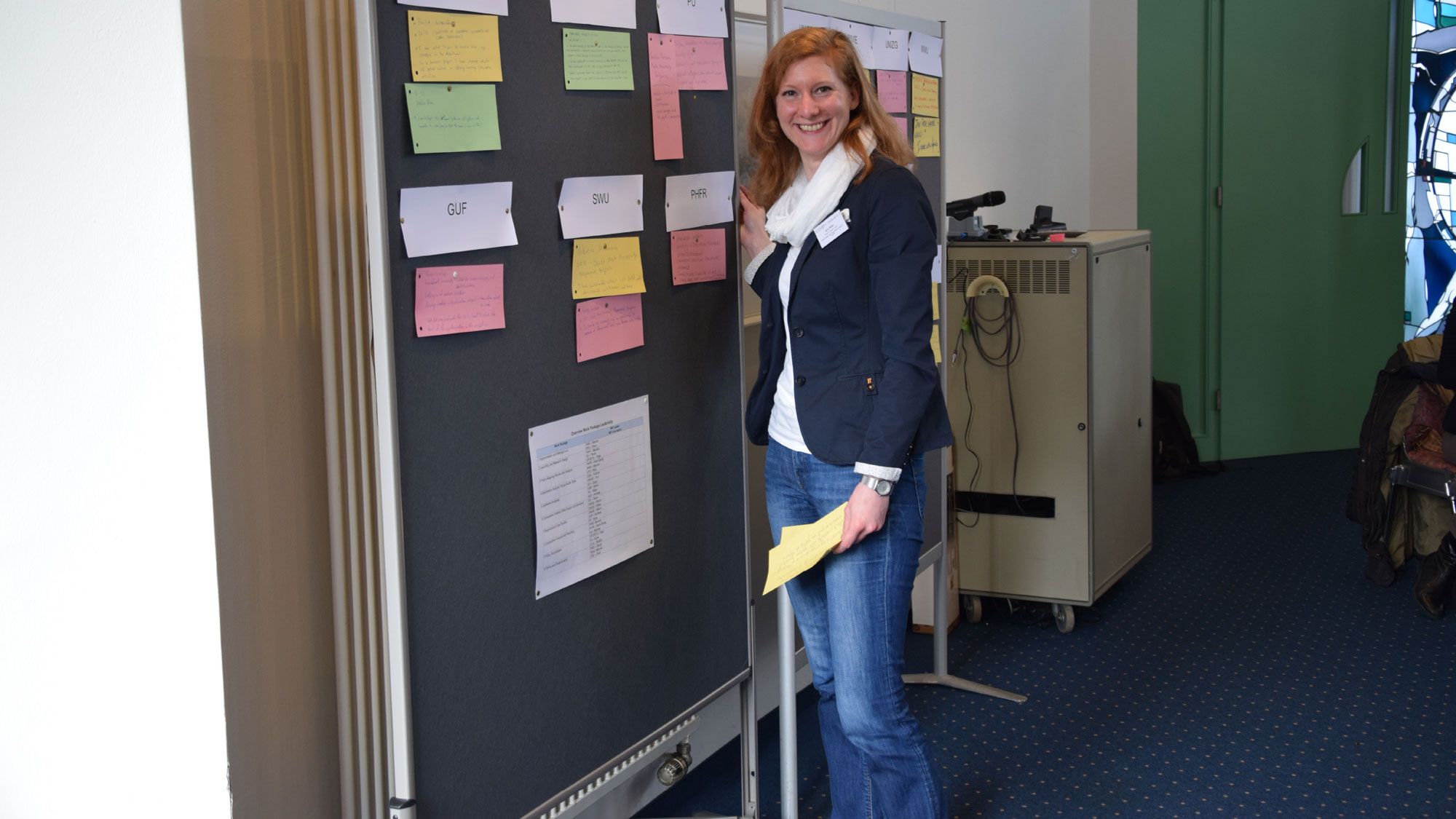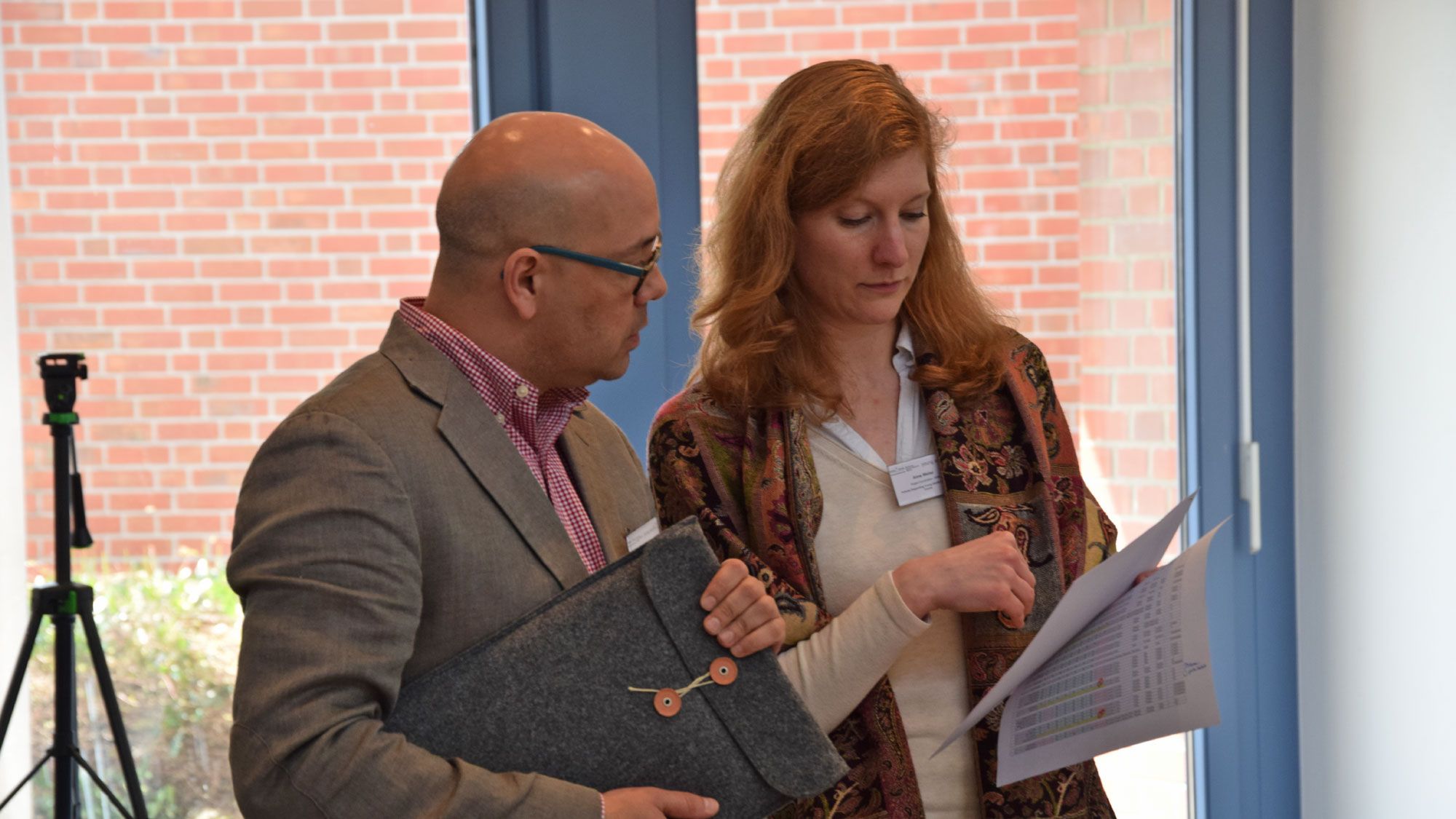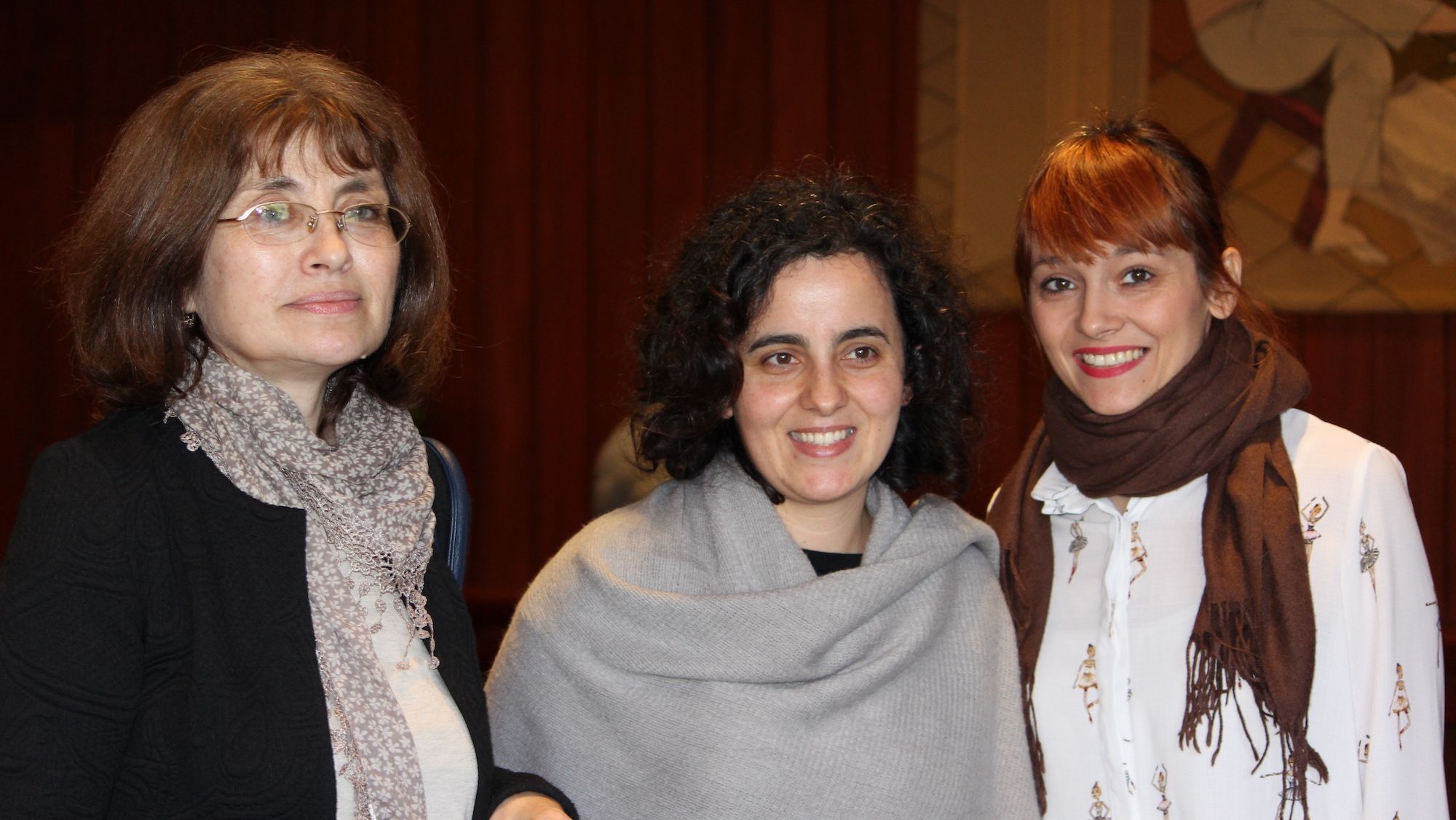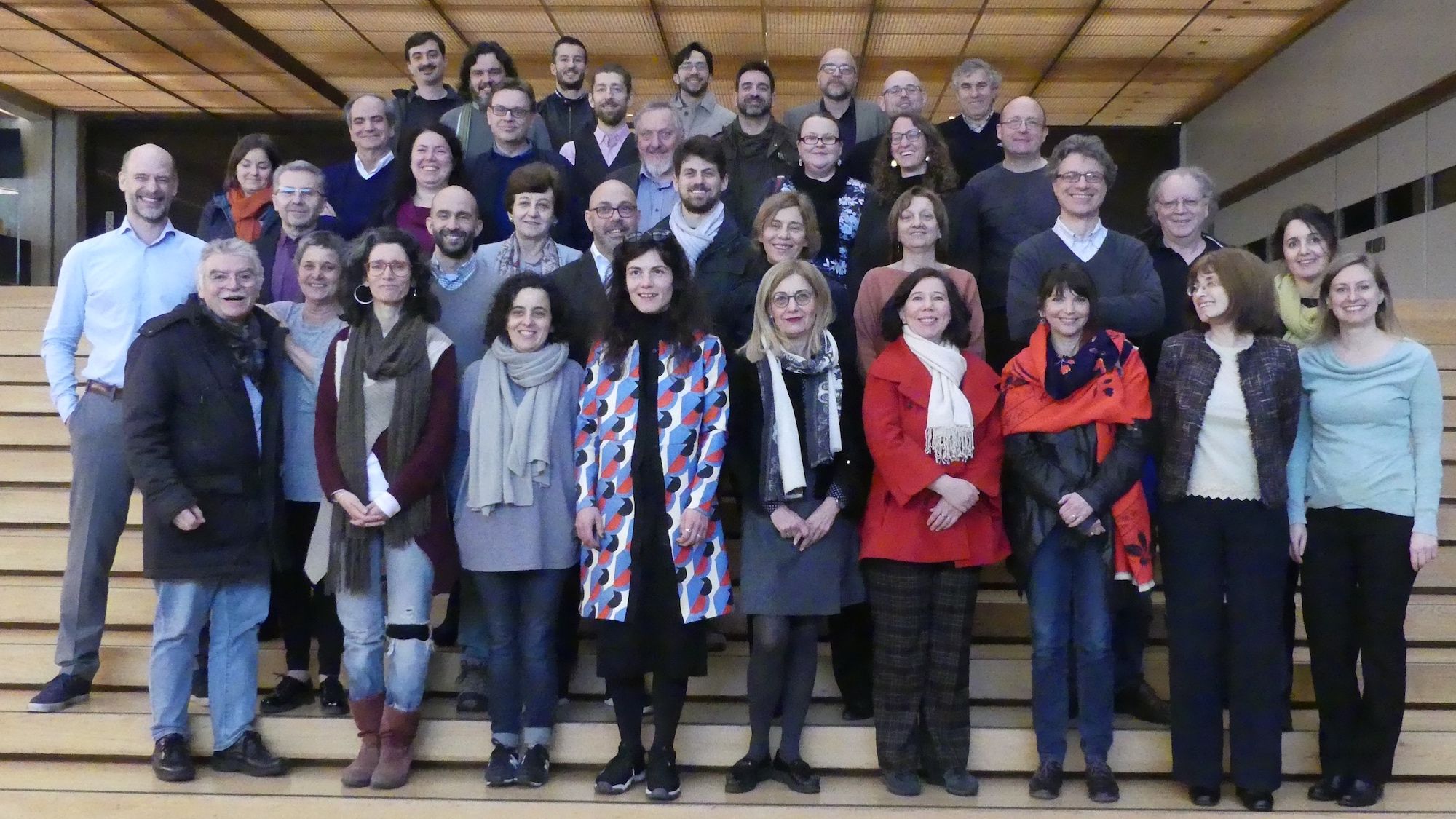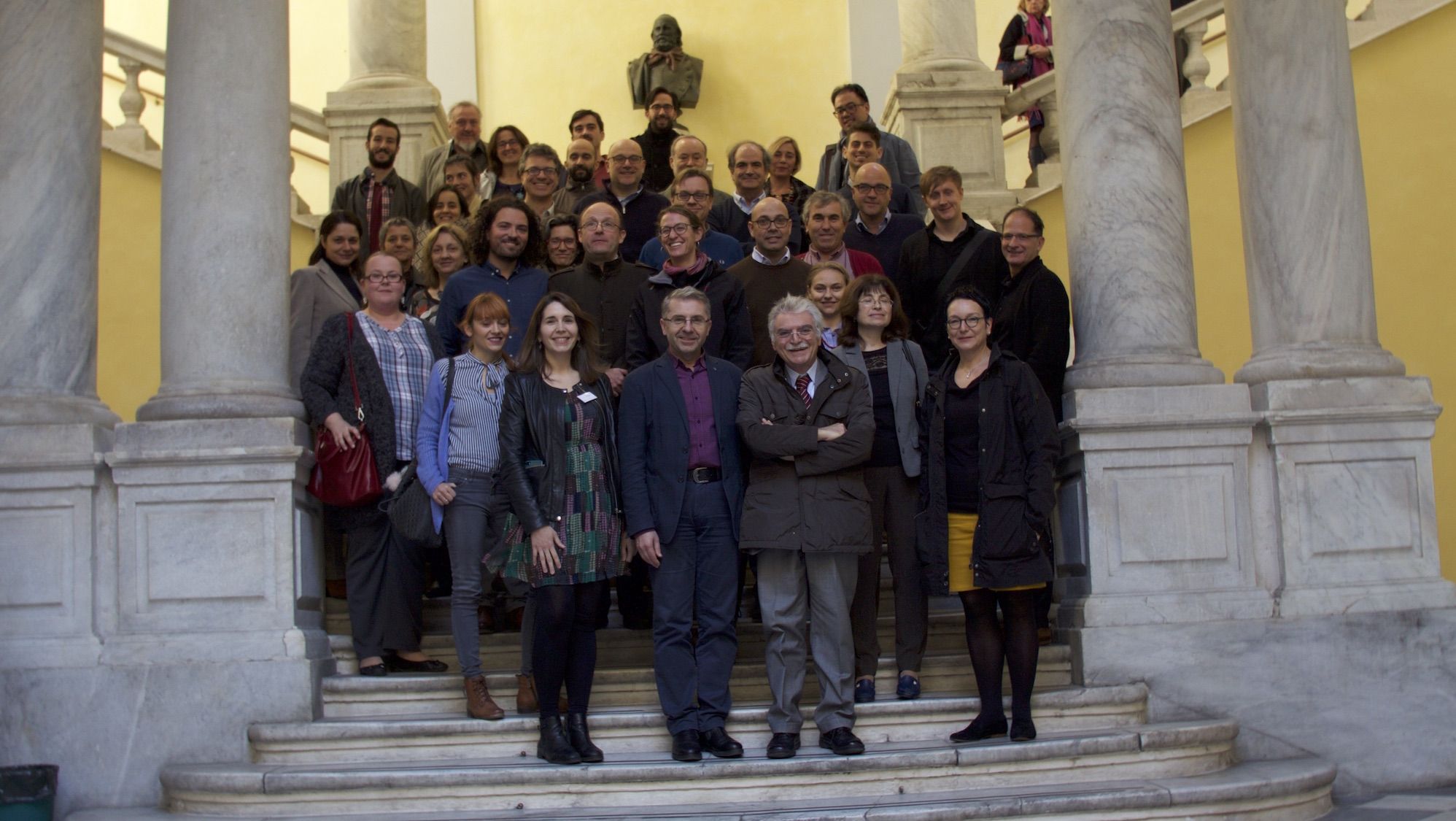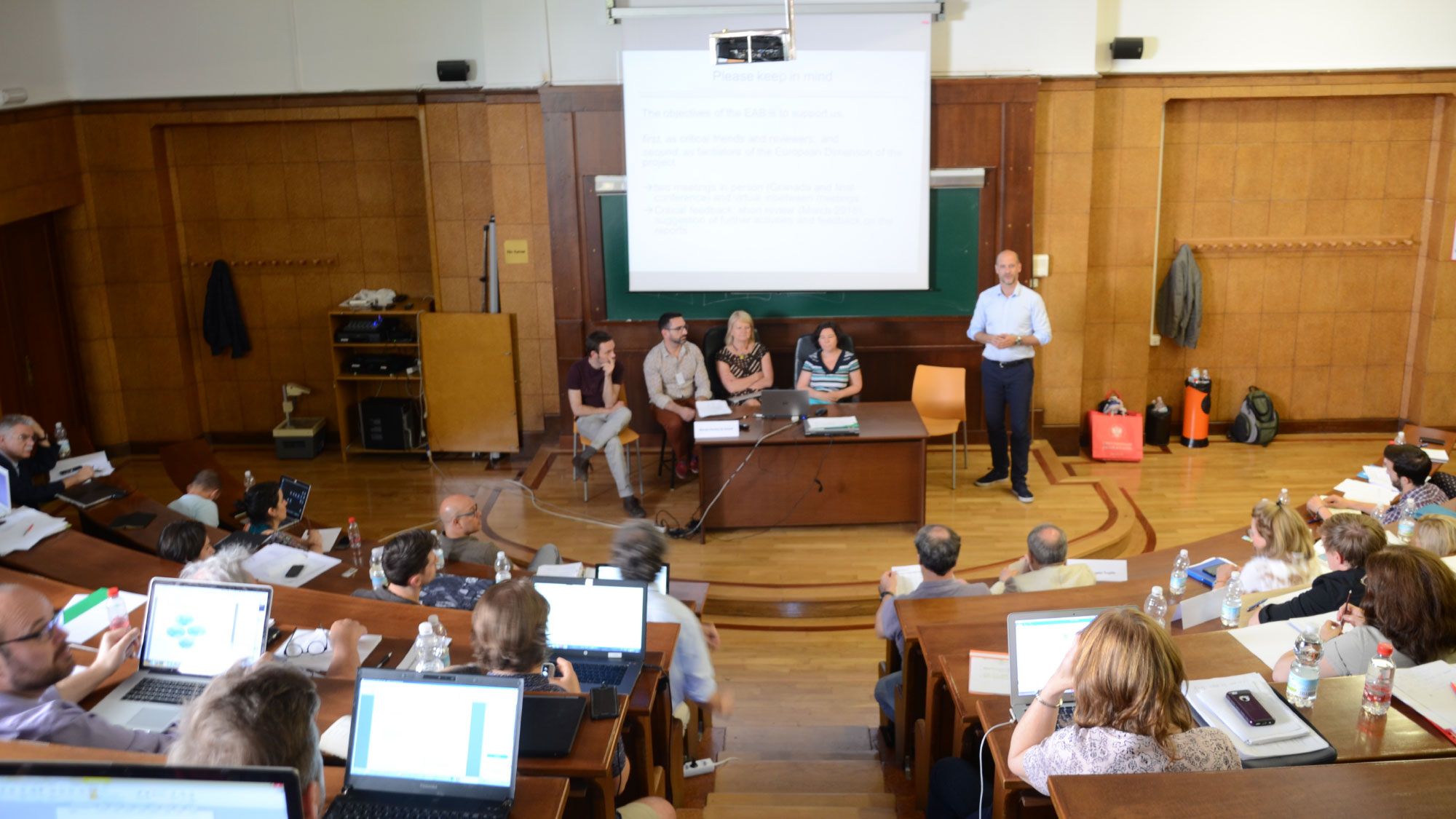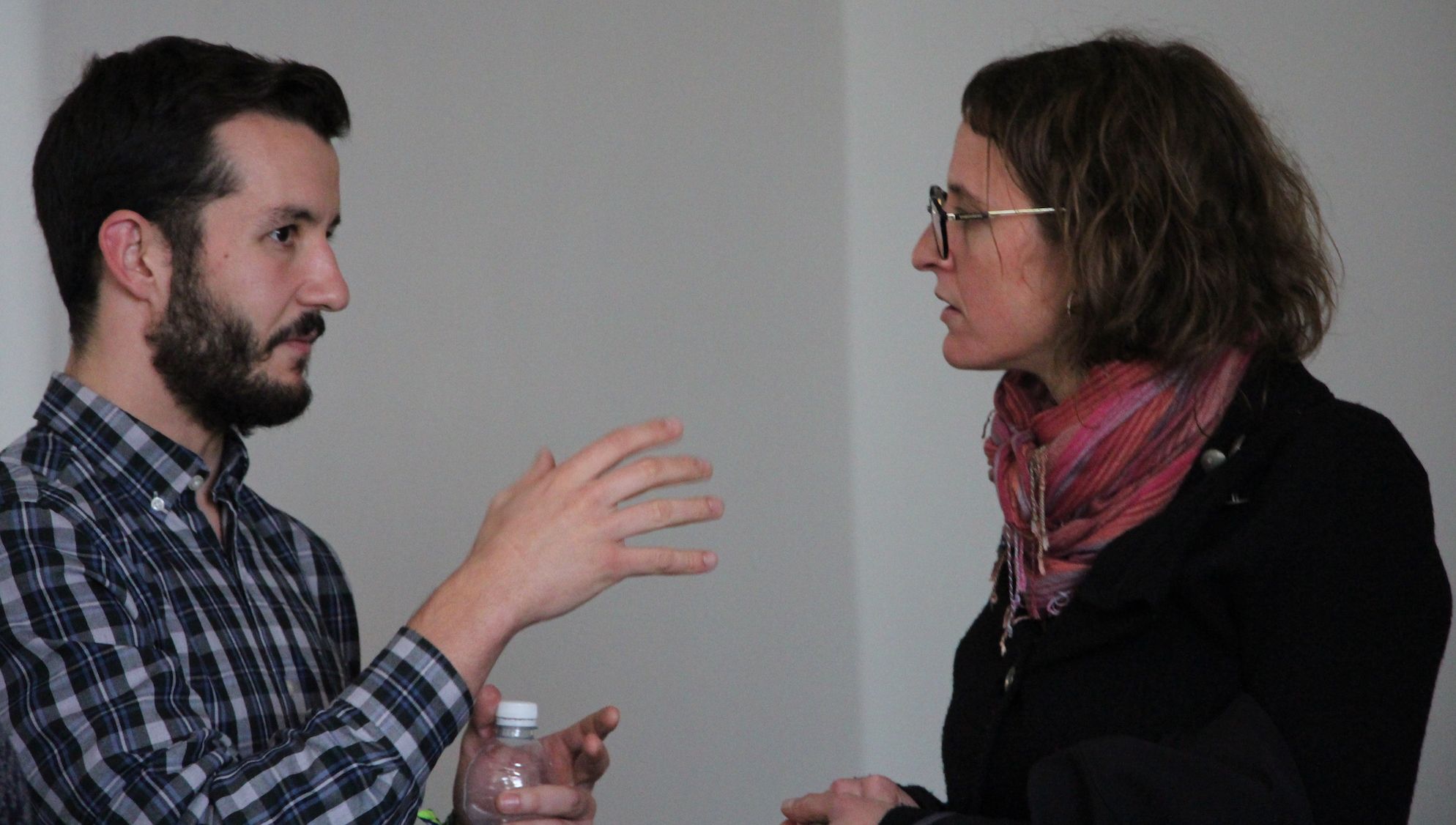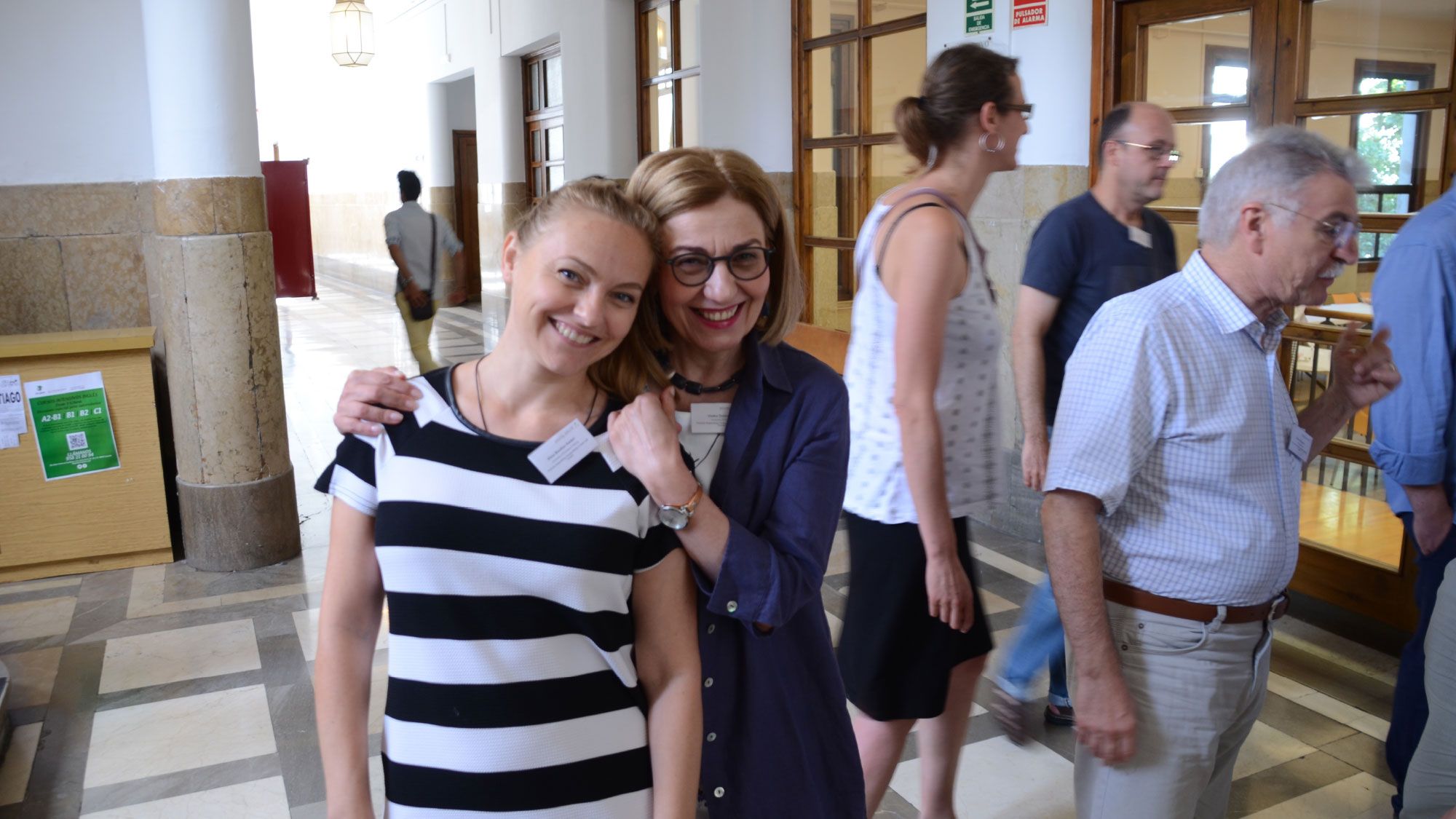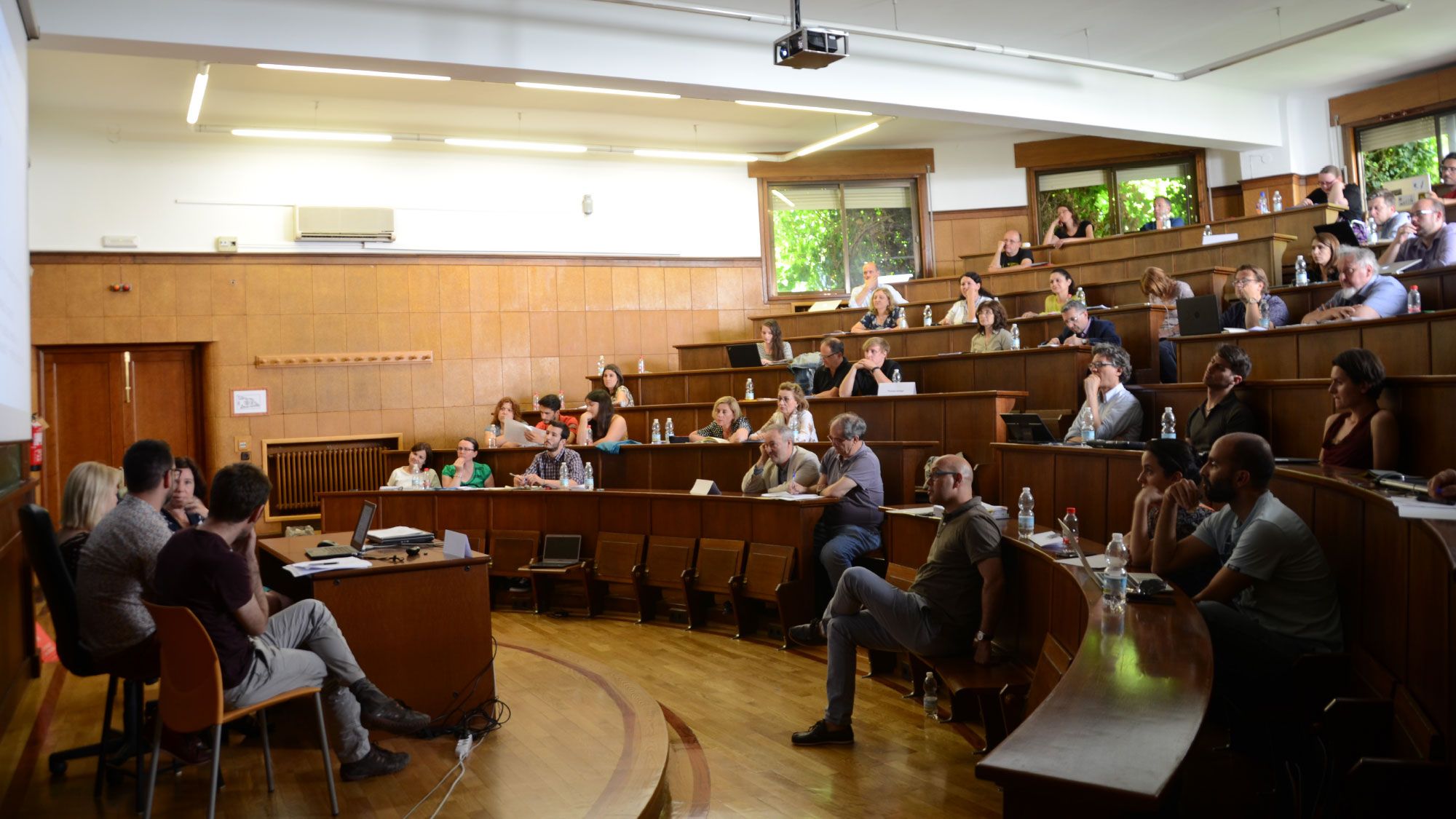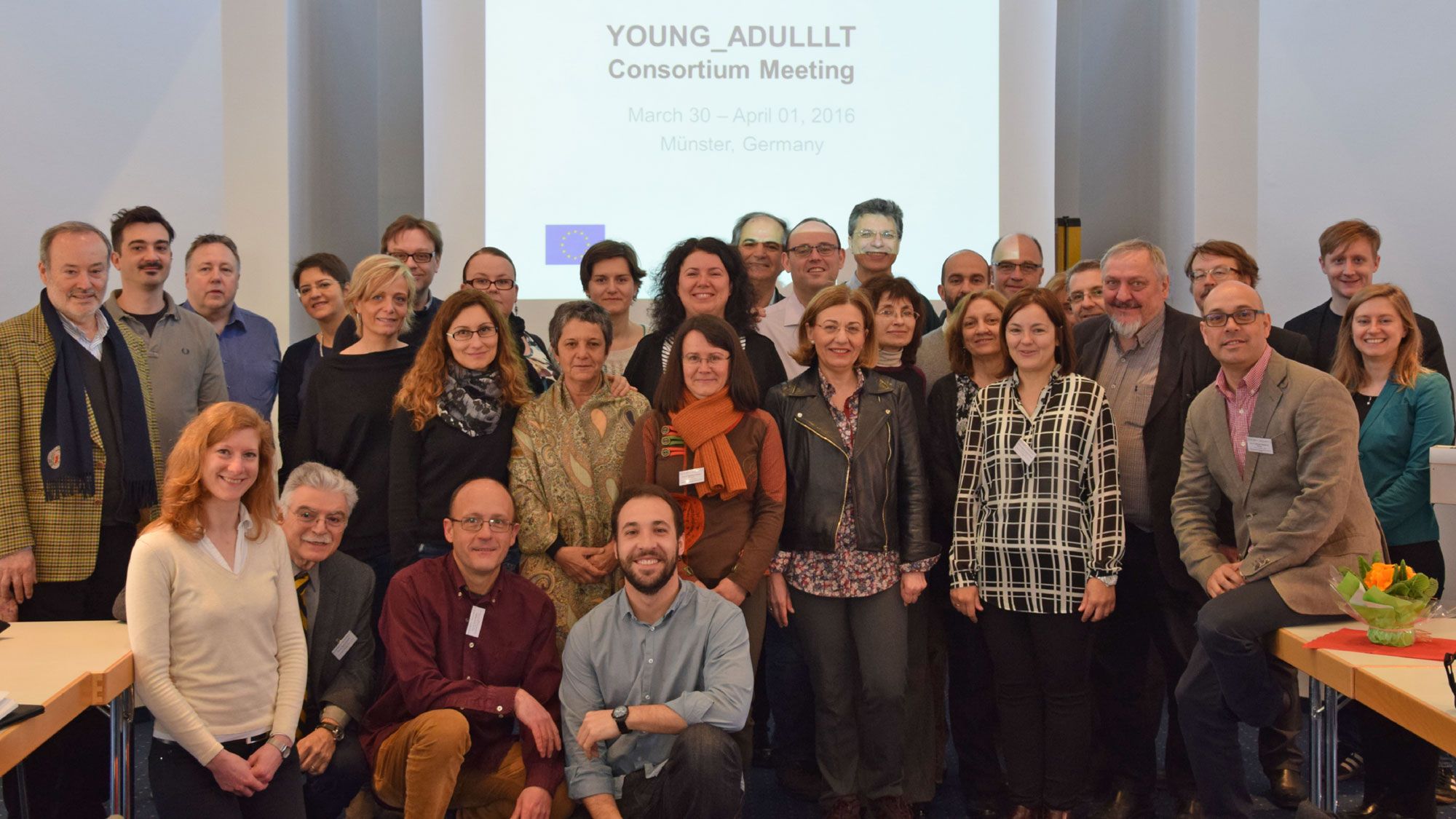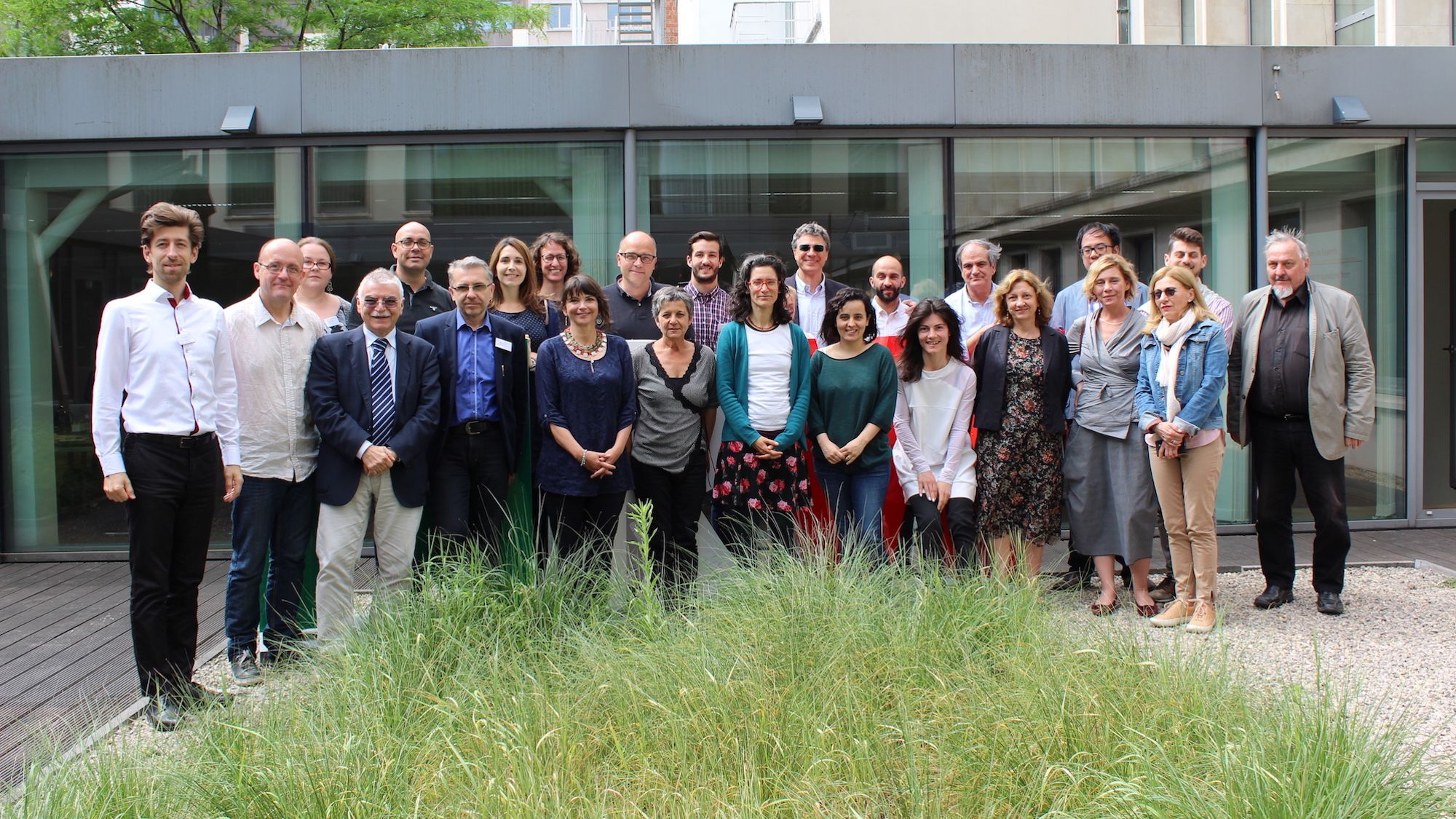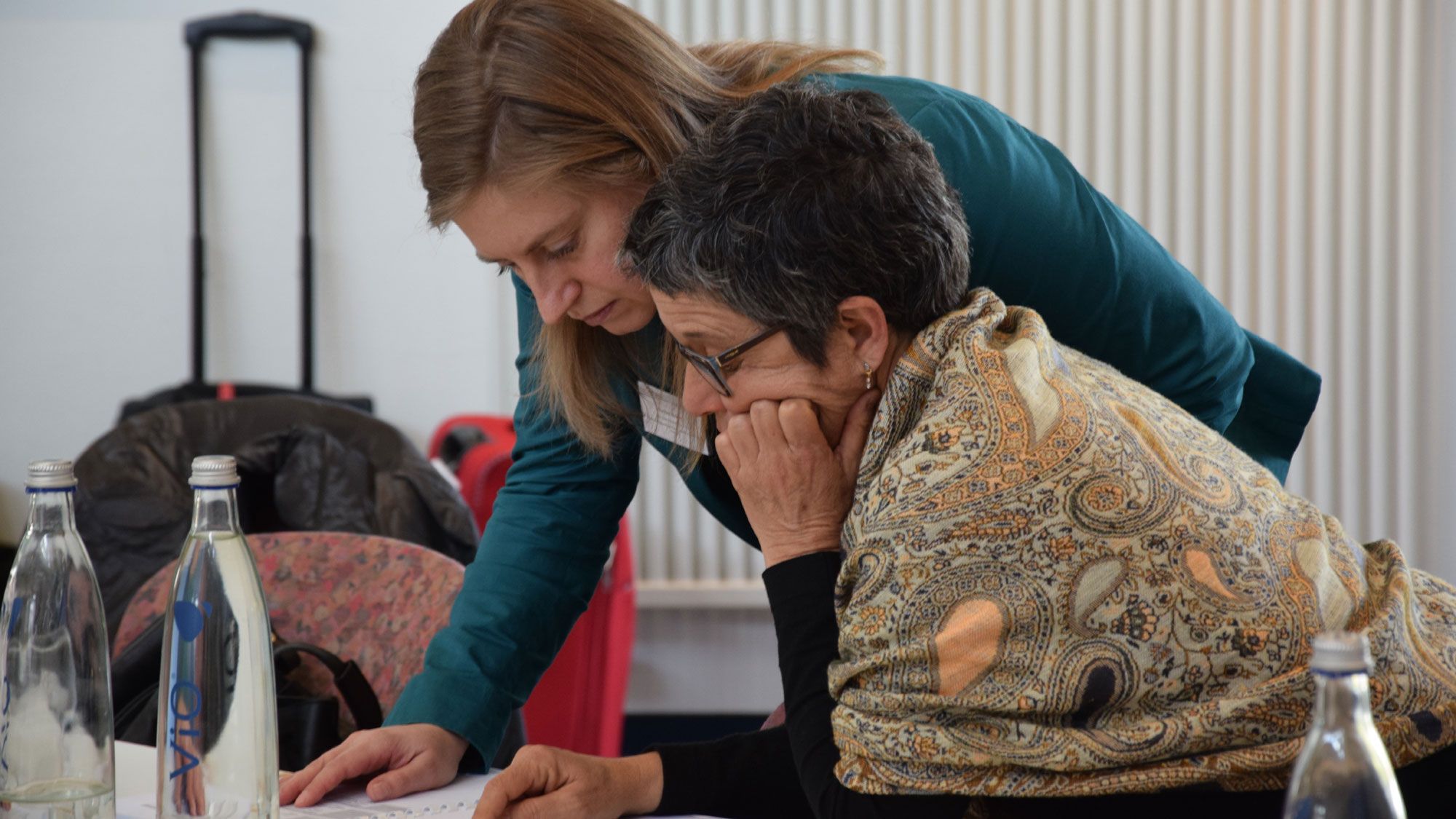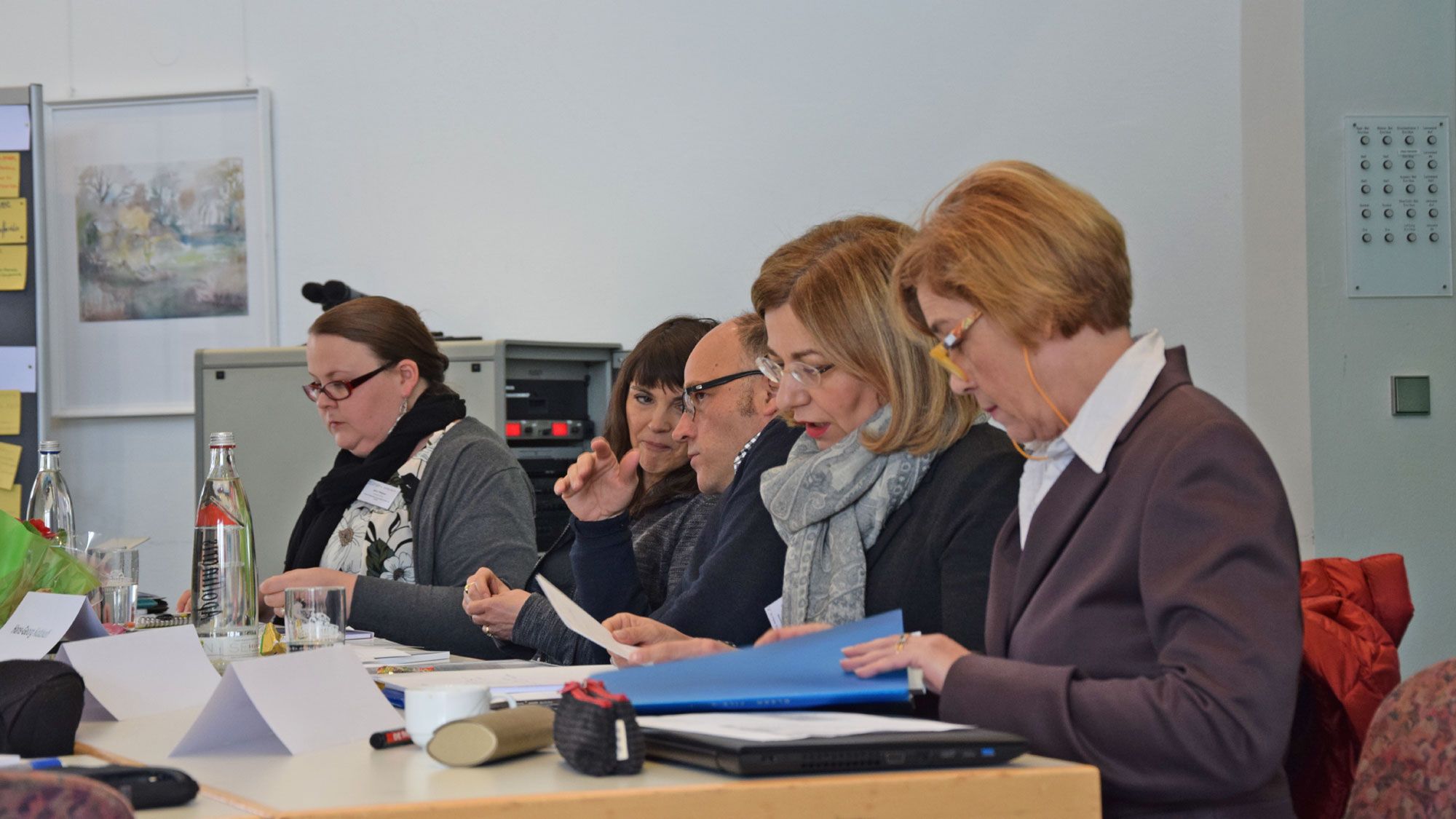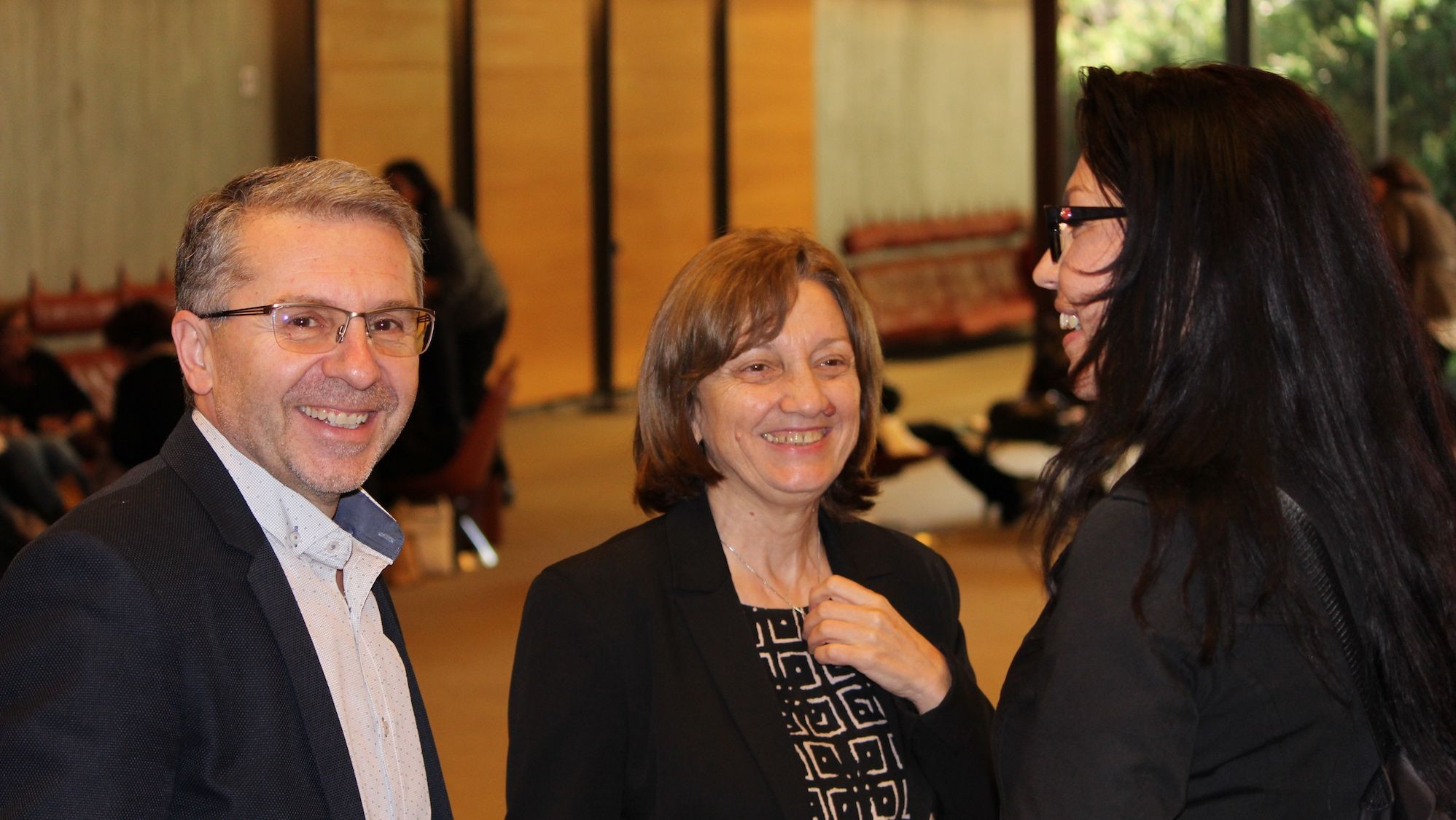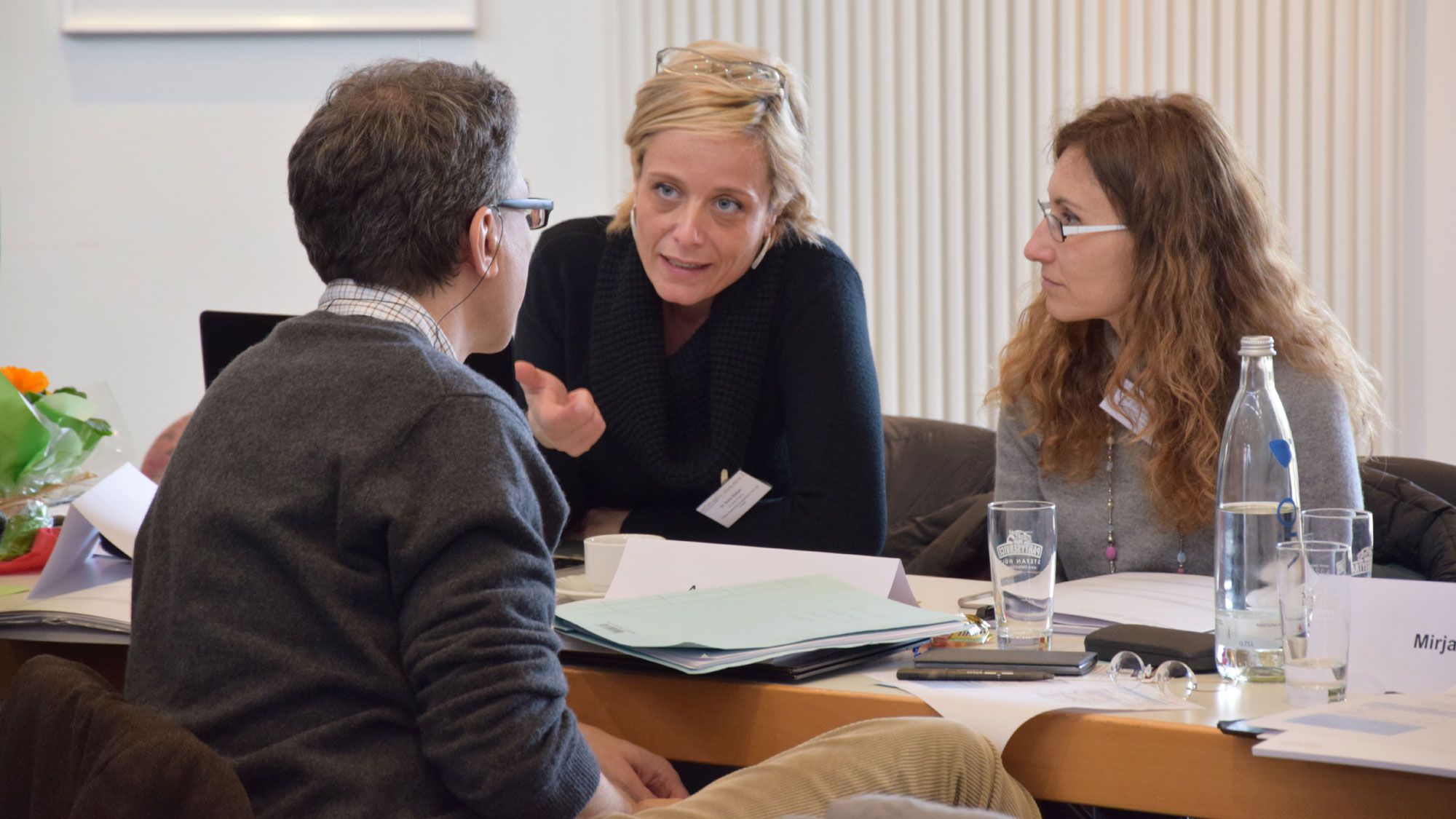Policy Mapping
Across Europe, many lifelong learning policies were implemented by European, national and regional actors that aimed at responding to the needs of securing economic growth by promoting higher levels of education as well as a more global strategy of social inclusion of young adults in vulnerable positions. As a result, manifold forms of lifelong learning (LLL) policies with distinctive features and specific local, regional and national characteristics have emerged, which vary in terms of their objectives, orientations, temporal horizons, funding, and not least target groups. As part of a sub-study in the YOUNG_ADULLLT project, LLL policies were thoroughly mapped and reviewed in the nine participating countries, focusing on two selected Functional Regions (FR) (N=18). From the numerous policies identified, three in each FR have been further analysed and documented in form of policy profiles (N=54).
The selected policies included in this page offer an overview of the wide range of LLL policies catering to young people in vulnerable positions across Europe. They show different ways of dealing with similar issues across European regions. The policy profiles provide condensed and concise descriptions of the policies examined on each site. They can be accessed by clicking on the different Functional Regions highlighted on the map provided here. Each of the policy profiles are structured along four main sections that present the goals of the YOUNG_ADULLLT project, portray the particular regional and national challenges and the main targeted groups (What is the policy about?), give account of the overall objectives of the policies (What is it aiming at?), and describe their modes of working (How does it work?).
We invite you to discover the variety of approaches across the YOUNG_ADULLLT countries.
-
Aberdeen and Shire City Region, United Kingdom
Functional Region Aberdeen City & Aberdeenshire (PDF) -
Litoral Alentejano, Portugal
Functional Region Litoral Alentejano (PDF) -
Blagoevgrad, Bulgaria
Functional Region Blagoevgrad (PDF) -
Bremen, Germany
Functional Region Bremen (PDF) -
Genova, Italy
Functional Region Genoa (PDF) -
Girona, Spain
Functional Region Girona (PDF) -
Glasgow City Region, United Kingdom
Functional Region Glasgow City Region (PDF) -
Istria, Croatia
Functional Region Istria-County (PDF) -
Kajaani, Finland
Functional Region Kainuu (PDF) -
Málaga, Spain
Functional Region Malaga (PDF) -
Milano, Italy
Functional Region Milan (PDF) -
Osijek-Baranja, Croatia
Functional Region Osijek-Baranja County (PDF) -
Plovdiv, Bulgaria
Functional Region Plovdiv (PDF) -
Frankfurt am Main, Germany
Functional Region Rhein-Main (PDF) -
Southwest Finland, Finland
Functional Region Southwest Finland Region (PDF) -
Upper Austria, Austria
Functional Region Upper Austria (PDF) -
Vale do Ave, Portugal
Functional Region Vale do Ave (PDF) -
Vienna, Austria
Functional Region Vienna (PDF)


